Our Lady's Close
Upper Norwood
SE19 3FA
Physics - VI Form
Subjects
-
Art - 6th Form List Item 2
-
New List Item Write a description for this list item and include information that will interest site visitors. For example, you may want to describe a team member's experience, what makes a product special, or a unique service that you offer.
Biology - 6th Form -
New List Item Write a description for this list item and include information that will interest site visitors. For example, you may want to describe a team member's experience, what makes a product special, or a unique service that you offer.
Business Studies - 6th Form -
New List Item Write a description for this list item and include information that will interest site visitors. For example, you may want to describe a team member's experience, what makes a product special, or a unique service that you offer.
Chemistry - 6th Form -
New List Item Write a description for this list item and include information that will interest site visitors. For example, you may want to describe a team member's experience, what makes a product special, or a unique service that you offer.
Computer Science - 6th Form -
New List Item Write a description for this list item and include information that will interest site visitors. For example, you may want to describe a team member's experience, what makes a product special, or a unique service that you offer.
Drama - 6th Form -
New List Item Write a description for this list item and include information that will interest site visitors. For example, you may want to describe a team member's experience, what makes a product special, or a unique service that you offer.
English - 6th Form -
New List Item Write a description for this list item and include information that will interest site visitors. For example, you may want to describe a team member's experience, what makes a product special, or a unique service that you offer.
Extended Project Qualification - 6th Form -
New List Item Write a description for this list item and include information that will interest site visitors. For example, you may want to describe a team member's experience, what makes a product special, or a unique service that you offer.
French - 6th Form -
New List Item Write a description for this list item and include information that will interest site visitors. For example, you may want to describe a team member's experience, what makes a product special, or a unique service that you offer.
Further Maths - 6th Form -
New List Item Write a description for this list item and include information that will interest site visitors. For example, you may want to describe a team member's experience, what makes a product special, or a unique service that you offer.
Geography - 6th Form -
New List Item Write a description for this list item and include information that will interest site visitors. For example, you may want to describe a team member's experience, what makes a product special, or a unique service that you offer.
History - 6th Form -
New List Item Write a description for this list item and include information that will interest site visitors. For example, you may want to describe a team member's experience, what makes a product special, or a unique service that you offer.
Latin - 6th Form -
New List Item Write a description for this list item and include information that will interest site visitors. For example, you may want to describe a team member's experience, what makes a product special, or a unique service that you offer.
Music - 6th Form -
New List Item Write a description for this list item and include information that will interest site visitors. For example, you may want to describe a team member's experience, what makes a product special, or a unique service that you offer.
Mathematics - 6th Form -
New List Item Write a description for this list item and include information that will interest site visitors. For example, you may want to describe a team member's experience, what makes a product special, or a unique service that you offer.
Physics - 6th Form -
New List Item Write a description for this list item and include information that will interest site visitors. For example, you may want to describe a team member's experience, what makes a product special, or a unique service that you offer.
Religious Studies - 6th Form -
New List Item Write a description for this list item and include information that will interest site visitors. For example, you may want to describe a team member's experience, what makes a product special, or a unique service that you offer.
Spanish - 6th Form
Physics
Why choose to study Physics?
I enjoy and appreciate the laws of nature and I am interested in finding out more about the universe. I want to develop my practical skills and develop my problem-solving ability. I am interested in finding out about subatomic particles, energy, light, laws of motion, space, gravity, electricity, and electromagnetism.
What study skills do I need?
I will need to demonstrate knowledge and understanding of scientific ideas, processes, techniques and procedures.
I will need to apply knowledge and understanding of scientific ideas, processes, techniques and procedures:
- in a theoretical context
- in a practical context
- when handling qualitative data
- when handling quantitative data
I will be expected to analyse, interpret and evaluate scientific information, ideas and evidence, in order to:
- make judgements and reach conclusions.
- develop and refine practical design and procedures.
What are the aims of the course?
To inspire students, to nurture their passion for the subject and lay the foundations for further study and the workplace. The context of the course and its applications aims to bring physics to life in a way that is relevant to the modern world. Practical work, like in other Sciences, is at the heart of Physics and the required practical activities will give students the opportunity to embed their skills and knowledge. The A-level practicals ensure that students are able to access the Common Practical Assessment Criteria (CPAC) requirements of the course.
What are the GCSE requirements?
You need to have acquired a minimum of 7 in Physics Triple Science or a 7 in the Physics component of the Double Science. You will need at least a 7 in Maths and a 7 in English.
Course content
The course is divided into the following topics:
- Measurements and their errors
- Particles and radiation
- Waves
- Mechanics and materials
- Electricity
- Further mechanics and thermal physics
- Fields and their consequences
- Nuclear physics
- Turning points in Physics.
Further education and career opportunities
Medicine; Medical Physicist; Spacecraft engineer; Architecture; Engineering; Experimental and Theoretical Physicist; Computing; Finance; Economics; Astronomy; Renewable Energy Physics; Patent Attorney
Exam board
Physics AS and A-Level AQA
Get more information
Thank you!
Please try again later.
CONTACT US
020 8674 7229
enquiries@thelaurelsschool.org.uk
5 Our Lady's Close,
Upper Norwood, SE19 3FA
ABOUT
ACADEMICS


All Rights Reserved | The Laurels |
Web design by www.beardfish.co


